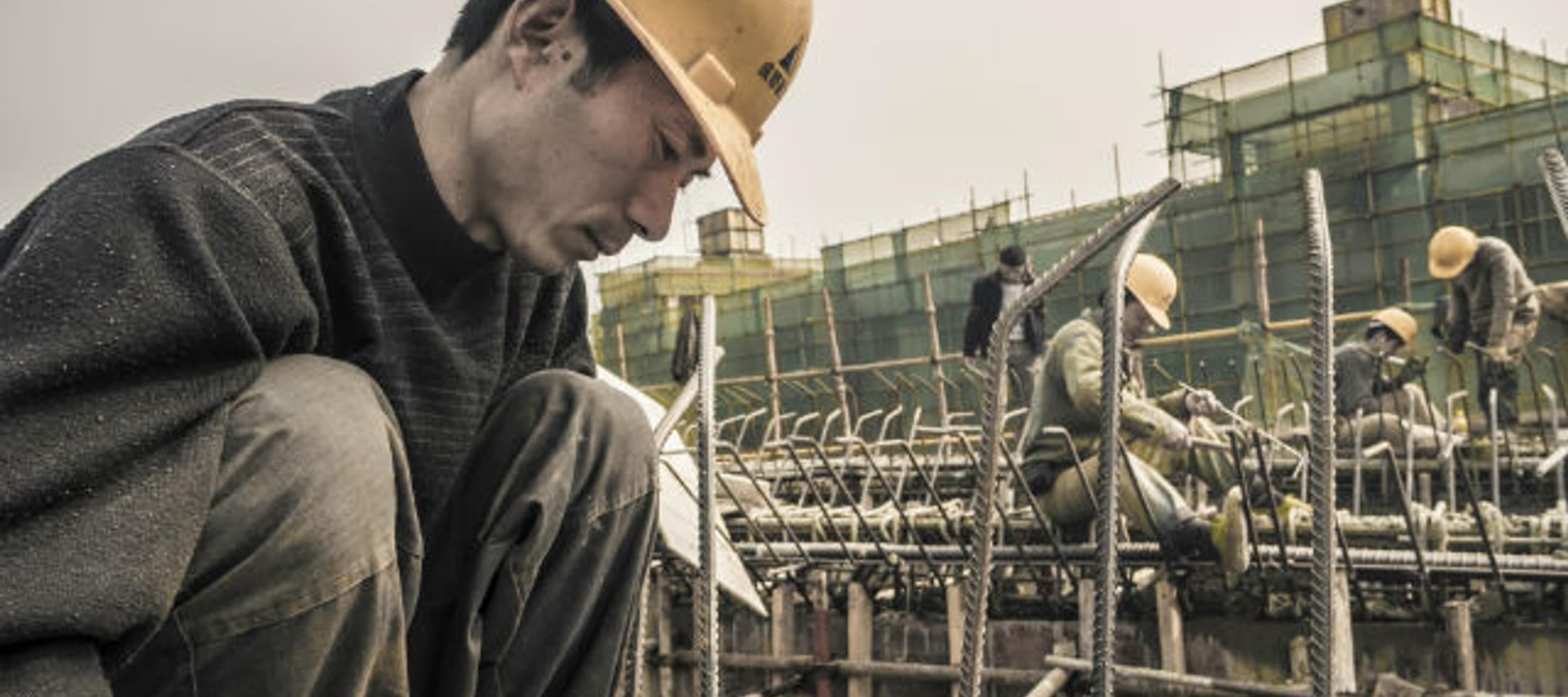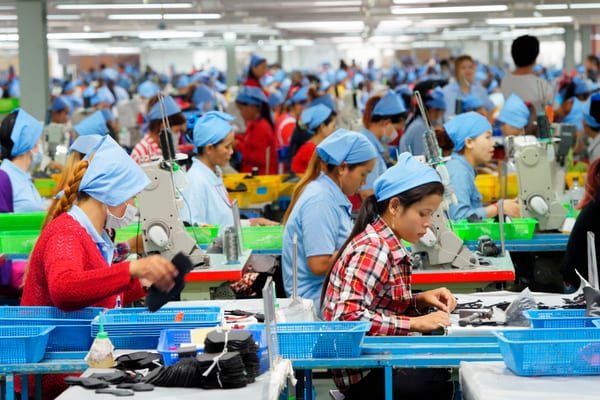Employer Pays - Time for a New Model in Migrant Worker Recruitment
4 May 2016

Over 30 years in addressing supply chain human rights issues has taught me that regardless of industry sector, or whether a company has a cross border supply chain or one that is wholly domestic, there is a substantial likelihood that migrant labour is employed.
When a migrant labourer is employed, a company may not realise that the migrant labourer is at risk of being in forced labour.
Part of a company’s human rights due diligence obligation means that it understands the circumstances under which its migrant worker employees or migrant workers in its supply chain could become a victim of forced labour.
This could occur, for example, if migrant workers arrive burdened by a debt accrued from having had to pay recruitment fees to various labour brokers to secure their job - a debt that is sufficiently substantial that they cannot hope to repay for many months, if at all.
This forced labour condition can be compounded by the holding of migrant workers’ passports, withholding a portion of their pay until they leave the country, or prohibiting them from changing jobs in the host country. In these circumstances, the vulnerability to exploitation for migrant workers becomes readily apparent.
The predominant means of global and local recruitment of relatively low-skilled migrant workers involves payment of recruiting fees and other costs by the migrant workers, rather than by their employers. It results in exploitation of the vulnerable, erosion of remittances to home communities, and forced labour.
This approach to recruiting migrant labour needs to change. Companies urgently need to extend their due diligence as far down their labour supply chain as possible and take steps to minimise the risk of migrant labour, debt bondage and forced labour.
There is a fundamental step that companies can take to minimise this risk, and it’s an obvious one – eliminating the charging of recruitment fees to workers and obligating the employer of the migrant labour to pay the costs of recruitment instead.
A handful of global companies embarking on this path have now joined forces to establish the Leadership Group for Responsible Recruitment, convened by IHRB. The founding member companies – IKEA, The Coca-Cola Company, HP Inc., Hewlett Packard Enterprise and Unilever, supported by Verité, IOM and ICCR – have a bold vision, namely the elimination of workers fees over the next decade:
We believe no worker should pay for a job - the costs of recruitment should be borne not by the worker but by the employer - Employer Pays Principle
We need a new business model for the recruitment of migrant workers based on the Employer Pays Principle. Pockets of good practice exist already but to make a meaningful difference to the lives of millions of vulnerable migrant workers globally, there needs to be collective action and scale around the Employer Pays Principle. The leadership from these five companies is significant.
The Leadership Group for Responsible Recruitment will work together over the next year to develop a roadmap for other companies to follow in moving from adoption of the Employer Pays Principle to implementation and monitoring.
Now is the time for other companies to step up and follow the lead of these five global brands. At the same time industry groupings would do well to follow the lead of the Electronics Industry Citizenship Coalition, which has recently amended its code of conduct to include prohibition on worker fees.
Governments too have an important role to play in raising standards in the global recruitment industry itself as well as requiring companies to undertake improved due diligence and risk mitigation in their own operations and supply chains. Important legislation and regulation such as the UK Modern Slavery Act, California Transparency in Supply Chains Act and the US Federal Acquisitions Regulation (FAR) have pushed companies and trade groups to begin to address global recruitment practices as a means to demonstrate how they are mitigating the risk of forced labour and trafficking in their own operations and also in their supply chains.
The scale of the challenge is huge. The response must be collective and sustained over the years ahead to establish decent work based on human dignity as the norm across all industries.




